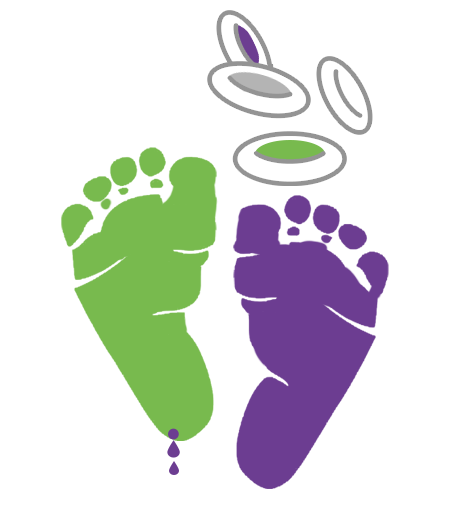
Starting on the right foot with Newborn Screening
Programs that screen newborn babies for selected genetic and metabolic diseases are vital to the health of infants. Without these screenings, babies would be at risk for developing severe illnesses that could cause brain damage or death. With early detection and treatment, however, many of these diseases can be managed successfully. Newborn screenings are thus an important part of providing comprehensive care for all infants.
How it works
Newborn Screening tests for any disorders involving the metabolism of nutrients in the body. These disorders can lead to abnormalities in body chemistry, which can cause various diseases or disorders. Most metabolic disorders are caused by a lack of a particular enzyme, which in turn prevents the body from breaking down a certain nutrient. This can then lead to problems with the body's ability to derive the benefit of this nutrient, which can result in a disease or disorder of body chemistry.
As most affected children show no sign of the disease at birth, the tests have to be done within 24 – 72 hours of birth. Newborn screening tests are therefore designed to pick up these diseases and disorders before any harmful effects set in.
The screening process
- It is essential that the test is performed between 1 and 3 days after birth.
- The test can be ordered through any paediatrician.
- The test will be administered by a trained nurse.
- A few drops of blood will be taken from the baby’s heel (or in some cases, from a vein) and put on a special blotting pad.
- The card is then sent to the NWU, where the necessary screenings are performed.
- The results are relayed back to the paediatrician, who will share them with you.
